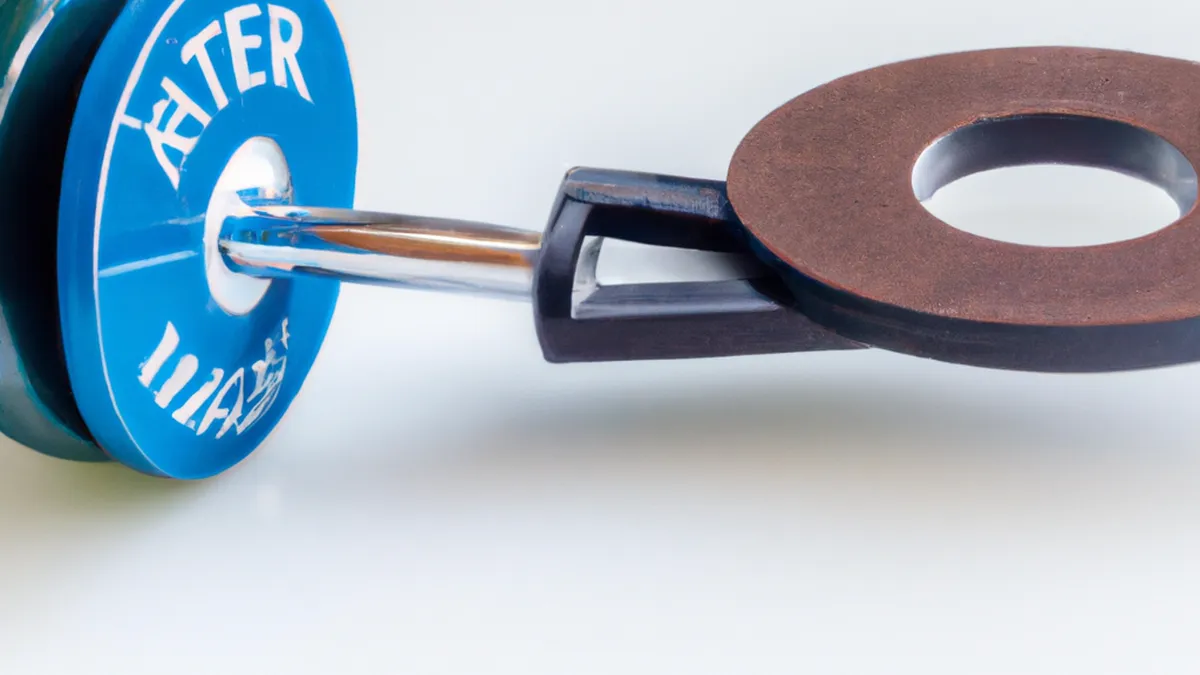Reimagine Your Mobility with One-Sided Training
How to Use Unilateral Training for Enhanced Mobility
Mobility plays a vital role in fitness and daily activities. It influences movement, task performance, and sports participation. Unilateral training effectively improves mobility by focusing on one side of the body at a time. This approach addresses imbalances and enhances overall movement quality.
This post explores how to incorporate unilateral training into your routine. We provide tips, advice, and benefits to help enhance your mobility.
Understanding Unilateral Training
Unilateral training involves exercises targeting one limb at a time. Examples include single-leg squats, single-arm rows, and overhead presses. This method isolates and strengthens each side independently, benefiting athletes and active individuals.
When you train unilaterally, stabilizing muscles engage more effectively. These muscles maintain balance and coordination, leading to improved functional movement patterns. This training also helps identify and correct imbalances that may cause injury or hinder performance.
Tips for Incorporating Unilateral Training
Start with Basic Exercises
Begin with simple unilateral exercises before progressing to complex movements. Lunges, single-leg deadlifts, and single-arm presses make excellent starting points. Master these basics to build a solid foundation and understand unilateral training mechanics.
Use Proper Form
Maintain proper form during all training sessions. Keep your core engaged and shoulders back while aligning your body correctly. This approach targets muscles effectively and reduces injury risk. Use mirrors or video recordings to monitor your form and make adjustments.
Gradually Increase Intensity
Once you feel confident with basic exercises, gradually increase your workout intensity. Add weights, increase repetitions, or extend exercise duration. Always maintain good form to avoid strain or injury while progressing.
Incorporate Dynamic Movements
As you advance, add dynamic movements to your unilateral training. Single-leg hops, lateral bounds, and single-arm kettlebell swings challenge stability and coordination while promoting mobility. These movements benefit athletes aiming to enhance their performance.
Advice for Maximizing Benefits
To maximize the benefits of unilateral training, consider this advice:
Focus on Weaknesses
Identify weaknesses or imbalances in your body. Notice if one leg is stronger or if one side has limited motion. Use unilateral training to target and improve these weak areas.
Conclusion
Unilateral training effectively enhances mobility and addresses imbalances. Incorporate these strategies to improve your movement quality and overall performance.
Below are related products based on this post:
FAQ
What is unilateral training and how does it enhance mobility?
Unilateral training involves exercises that target one limb at a time, such as single-leg squats or single-arm rows. This method helps isolate and strengthen each side of the body independently, which can improve balance, coordination, and overall movement quality, leading to enhanced mobility.
What are some basic unilateral exercises to start with?
Begin with simple exercises like lunges, single-leg deadlifts, and single-arm presses. These foundational movements are effective for mastering the mechanics of unilateral training before progressing to more complex exercises.
How can I ensure proper form during unilateral training?
To maintain proper form, keep your core engaged, shoulders back, and align your body correctly throughout each exercise. Using mirrors or video recordings can help you monitor your form and make necessary adjustments, reducing the risk of injury.















Post Comment